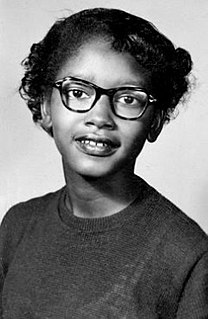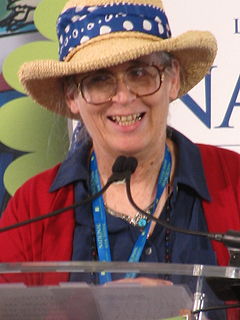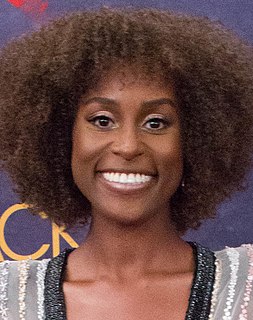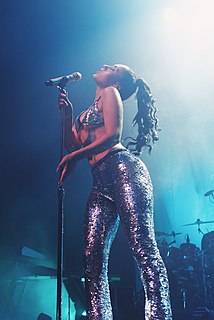A Quote by Courtney A. Kemp
I am not going to say that only people of color can write people of color, because that means only white people can write white people, and that's not OK.
Related Quotes
When I came to Delhi first and said, "This is not India. And then I was taken to Varanasi and there I loved, loved the culture. It was a beautiful journey. The way the people dressed - even the poorest people, and the fabrics! With vegetable dyes, and I was fascinated by the color. But in the end I loved the men - all in white - so many shades of white. And I said, "What am I going to do? A color collection or a white collection?" I finally did a neutral white collection.
Nowadays, people shoot digitally and it's all in color, but you press a button and it all goes to black and white. But it's not lit for black and white. So, it's a tricky thing. If you're going do black and white, you better remember to separate things with light, because color ain't gonna be there.
White people don't have that problem, they get to go through life never having to fit into a box, and it's really more so true for white men because even just being a woman, you sort of have to walk around other people's assumptions of you and it's so exhausting and there's a sense, especially among young people of wanting to just live your life, not having to wear the weight of that pressure - pressure that people of color feel, that gay people of color feel, that women of color feel.
When you're a person of color in white America, you know white people. You know why you know white people? Because you can't enjoy any kind of entertainment if you are not able to humanize white people. If you watch a film and are like, "Oh, this has white people in it? Then I'm not interested," then you can't enjoy anything in America!
Brown people and black people and red people swarmed through our great halls, until those who were white looked simply faded-out human beings beside them. Indeed, I came to see that white is not a color in skin any more than in textiles, and if it had not quality, it had no value even for humanity. I saw that color in skin had a certain advantage in strength and warmth as a means of beauty.
To solve the new century's mounting social and environmental problems, people of color activist and white activists need to be able to join forces. But all too often, the unconscious racism of white activists stands in the way of any effective, worthwhile collaboration. The Challenging White Supremacy Workshop is the most powerful tool that I have seen for removing the barriers to true partnerships between people of color and white folks. If the CWS trainings were mandatory for all white activists, the progressive movement in the United States would be unstoppable.
…“white supremacy” is a much more useful term for understanding the complicity of people of color in upholding and maintaining racial hierarchies that do not involve force (i.e slavery, apartheid) than the term “internalized racism”- a term most often used to suggest that black people have absorbed negative feelings and attitudes about blackness. The term “white supremacy” enables us to recognize not only that black people are socialized to embody the values and attitudes of white supremacy, but we can exercise “white supremacist control” over other black people.
Most eyes have more than one color, but usually they're related. Blue eyes may have two shades of blue, or blue and gray, or blue and green, or even a fleck or two of brown. Most people don't notice that. When I first went to get my state ID card, the form asked for eye color. I tried to write in all the colors in my own eyes, but the space wasnt big enough. They told me to put 'brown'. I put 'brown', but that is not the only color in my eyes. It is just the color that people see because they do not really look atr other people's eyes.
I don't think the mainstream media understands people of color are multidimensional. For some reason, there's an idea that only white people are relatable. I don't think it's necessarily racist. But it's odd, because the people who watch the most television are black women, so we should be represented in more ways.
Policy, for the most part, has been made by white people in America, not by people of color. And they have tended to take care of those things that they think are important. Whether it's their agricultural subsidies, or other kinds of expenditures that are certainly not expenditures for poor people or for people of color. And so we have to band together and keep fighting back.






































